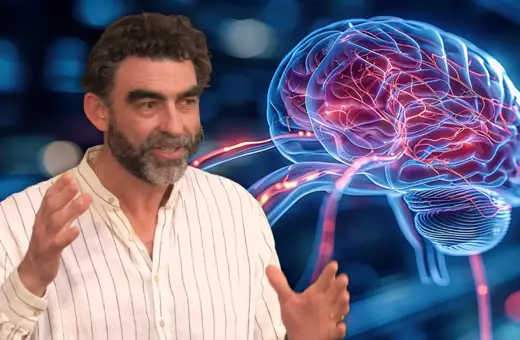Even amid a so-called post-truth era, truth telling is seen as a virtue. But what does it mean to tell the truth? Rather than simply reporting what we earnestly believe, telling the truth is a way of navigating the world we have chosen to live in, writes Steve Fuller.
In a world where we have imperfect access to the truth, should we say what we truly believe or say what we think is likely to lead to the truth? What follows should be read as a case for the latter as indicative of the moral psychology of the ‘post-truth condition’. We shall see that a commitment to the truth is less to a specific goal, let alone a state of the world, than to a direction of travel within a world that one has chosen to inhabit.
The different courses of action implied in the choice should be intuitively clear. The former is about sincerity, rendering our souls transparent for others to see and judge for themselves: We may turn out to be wrong, but at least we correctly asserted what we believed. The latter is about some other psychological state that renders our souls more opaque to others – and perhaps even ourselves, if it becomes the general way we live.
It starts by assuming that our personal beliefs are probably wrong, or perhaps even that what we believe doesn’t really matter. Rather, what matters is that we contribute as best as we can to knowledge of the truth, understood perhaps as some long-term collective project, in which we only play a part.
Rousseau used writing to give shape to otherwise amorphous states of mental animation, which then underwent codification and refinement through his literary emulators.
In that case, our task is simply to ‘own’ whatever we assert, which is to say, take responsibility for their consequences, ideally by having anticipated them. All of this can be done with sufficient imagination and will, regardless of any settled beliefs behind the performance. ‘Authenticity’ is a good name for this state of mind, especially if glossed as ‘authorization’ or ‘walking the talk’.
In the history of philosophy and literature, Jean-Jacques Rousseau is often seen as having ushered in sincerity in self-expression, which cultural historians associate with the transition from ‘Enlightenment’ to ‘Romanticism’ in Western sensibility. Rousseau’s widely read autobiography and novels clearly inspired others to write about their own personal feelings and beliefs in an explicit manner. Rousseau’s literary innovation is frequently presented as naming states of mind previously unnamed or even rendered unnameable, especially against the backdrop of religious proscriptions against their expression.
However, an alternative view is that Rousseau used writing to give shape to otherwise amorphous states of mental animation, which then underwent codification and refinement through his literary emulators, resulting in the sort of facticity enjoyed by what we call the ‘emotions’ today. Starting with William James at the end of the nineteenth century, evolutionary psychologists have regularly raised doubts about whether those named emotions uniquely capture particular states of mental animation.



















Join the conversation